 We are pleased to share the official announcement by Drexel University regarding the launch of the "MX-Innovation" project. Our partners from Ukrainian company Carbon-Ukraineare very exited to particpate in the new "MX-Innovation" three-year multinational collaboration project led by Prof. Yury Gogotsi, Drexel University (USA) to produce MXene nanomaterials. The project, which is a collaboration with Drexel University USA, Kalifa University in the United Arab Emirates, the University of Padua in Italy and the Kyiv, Ukraine-based MXene manufacturing company Carbon-Ukraine, seeks to use the promising nanomaterial, first discovered at Drexel, to provide clean drinking water for arid areas of the world threatened by climate change and improve cell labeling and tracking technology for biomedical analysis.
We are pleased to share the official announcement by Drexel University regarding the launch of the "MX-Innovation" project. Our partners from Ukrainian company Carbon-Ukraineare very exited to particpate in the new "MX-Innovation" three-year multinational collaboration project led by Prof. Yury Gogotsi, Drexel University (USA) to produce MXene nanomaterials. The project, which is a collaboration with Drexel University USA, Kalifa University in the United Arab Emirates, the University of Padua in Italy and the Kyiv, Ukraine-based MXene manufacturing company Carbon-Ukraine, seeks to use the promising nanomaterial, first discovered at Drexel, to provide clean drinking water for arid areas of the world threatened by climate change and improve cell labeling and tracking technology for biomedical analysis.
“We are thrilled to begin work on this exciting project,” said Yury Gogotsi, PhD, Distinguished University and Charles T. and Ruth M. Bach professor of Materials Science and Engineering in Drexel’s College of Engineering, and director of the A.J. Drexel Nanomaterials Institute, who is heading the project. “Exploring MXene applications at a greater scale will certainly expand the capabilities of this family of materials and offer vital opportunities to people in need of more drinking water and address crucial clinical research and medical diagnostics needs. This effort is timely and further emphasizes the importance of the work we are doing with MXenes.”
Prof. Yury gogotsi Gogotsi and his collaborators in Drexel’s College of Engineering have been studying MXenes, a family of two-dimensional nanomaterials they discovered in 2011, and testing them in a variety of applications, from telecommunications to energy storage to electromagnetic shielding. This two-dimensional nanomaterial has proven to be exceptionally versatile and easy to integrate into existing technologies because it can be produced in dozens of different chemical configurations, which allows researchers to optimize for each application. “Despite the increasing demand for large quantities of MXenes, there are no companies selling inexpensive, high-quality MXenes designed to meet the demands of the emerging water and healthcare markets,” Y. Gogotsi said.
“Ultimately, RIC2D in the UAE will serve as the hub for deploying these innovative MXene-based technologies, advancing potable water production and cell tracking capabilities. These solutions are critically important for the UAE and the broader region, and the project promises to deliver meaningful global impact.”- said Professor Hassan Arafat, senior director, RIC2D.
MXenes have already demonstrated an exceptional acuity for liquid filtration and ion separation. The nanomaterials’ layered structure and adjustable chemical composition allow them to be customized for straining a wide variety of ions or chemicals out of a solution. MX-Innovation will harness this capability as it designs a pilot-level device that can turn salt water into drinking water using a physical and electrochemical filtration process. Drexel researchers have conducted preliminary research in using MXenes for desalination, which has already shown promising results. Focusing on this goal as part of the initiative could speed progress toward the development of a hybrid capacitive deionization (HCDI) technology. It could also reveal other desalination methods that may benefit from the use of MXenes.
The second goal of the MX-Innovation team is to develop MXenes as a cell labeling technology that could improve early detection of cancers, outcomes for transplant patients and possibilities for tissue regeneration. MXenes will be developed and tested for use in a cell analysis technique, called Cytometry by Time of Flight (CyTOF), that uses metal materials as tags or labels on the surface and interior of cells to observe and quantify their behaviors and study the interactions of proteins, carbohydrates or lipids within a cell. As part of this project, we will implement our existing tags to label cell components, in particular extracellular vesicles, which can act as a cell membrane model, as well as standalone therapeutic moieties.” - Dr. L. Delogu said.
An effort like this to boost the availability of MXenes could enable their widespread use for industrial applications, as well as academic research, according to Gogotsi.
“By utilizing novel, efficient and economical processing and synthesis approaches, which will then make this material available to a broader scientific community and for commercial use, this effort will result in the manufacturing of MXenes and MXene-based products specifically designed for the targeted environmental and health care applications,” said Oleksiy Gogotsi, PhD, CEO and director of Carbon-Ukraine, who will be collaborating with his brother, Drexel’s Yury Gogotsi, as part of this project.
MX-Innovation project is part of a broad initiative, funded by Kalifa’s Research & Innovation Center for Graphene and 2D Materials (RIC2D), to translate two-dimensional materials into commercial innovations in areas that include water treatment, energy, health care, and technology infrastructure, among others.
Read more about the MX-Innovation project: https://drexel.edu/news/archive/2025/July/MXene-desalination-medical-diagnostics-Kalifa-Padua-Carbon-Ukraine



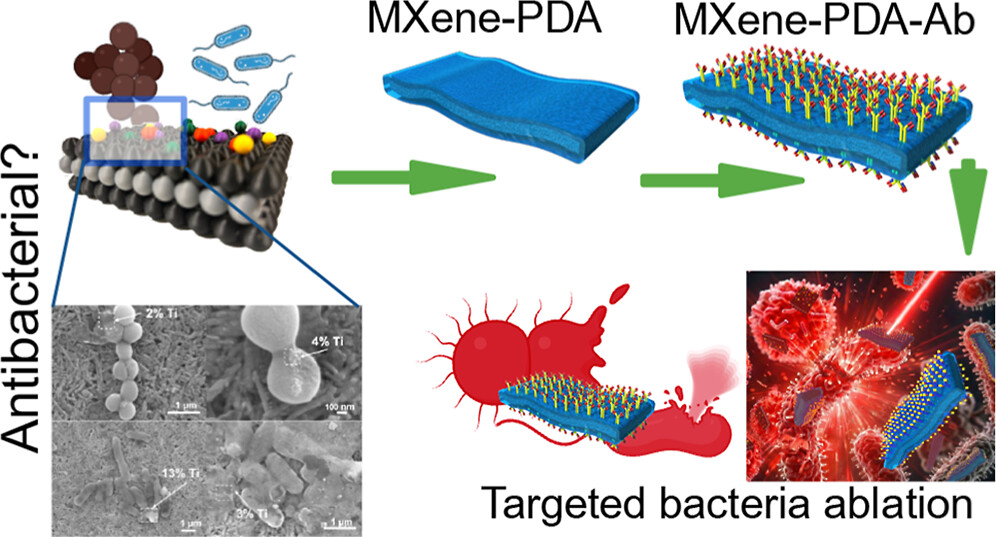 Do MXene nanosheets possess intrinsic antibacterial activity? A systematic study of high-quality Ti-, V-, and Nb-based MXenes reveals negligible inherent antimicrobial effects while highlighting their strong potential for targeted photothermal antibacterial therapy.
Do MXene nanosheets possess intrinsic antibacterial activity? A systematic study of high-quality Ti-, V-, and Nb-based MXenes reveals negligible inherent antimicrobial effects while highlighting their strong potential for targeted photothermal antibacterial therapy. Highlights
Highlights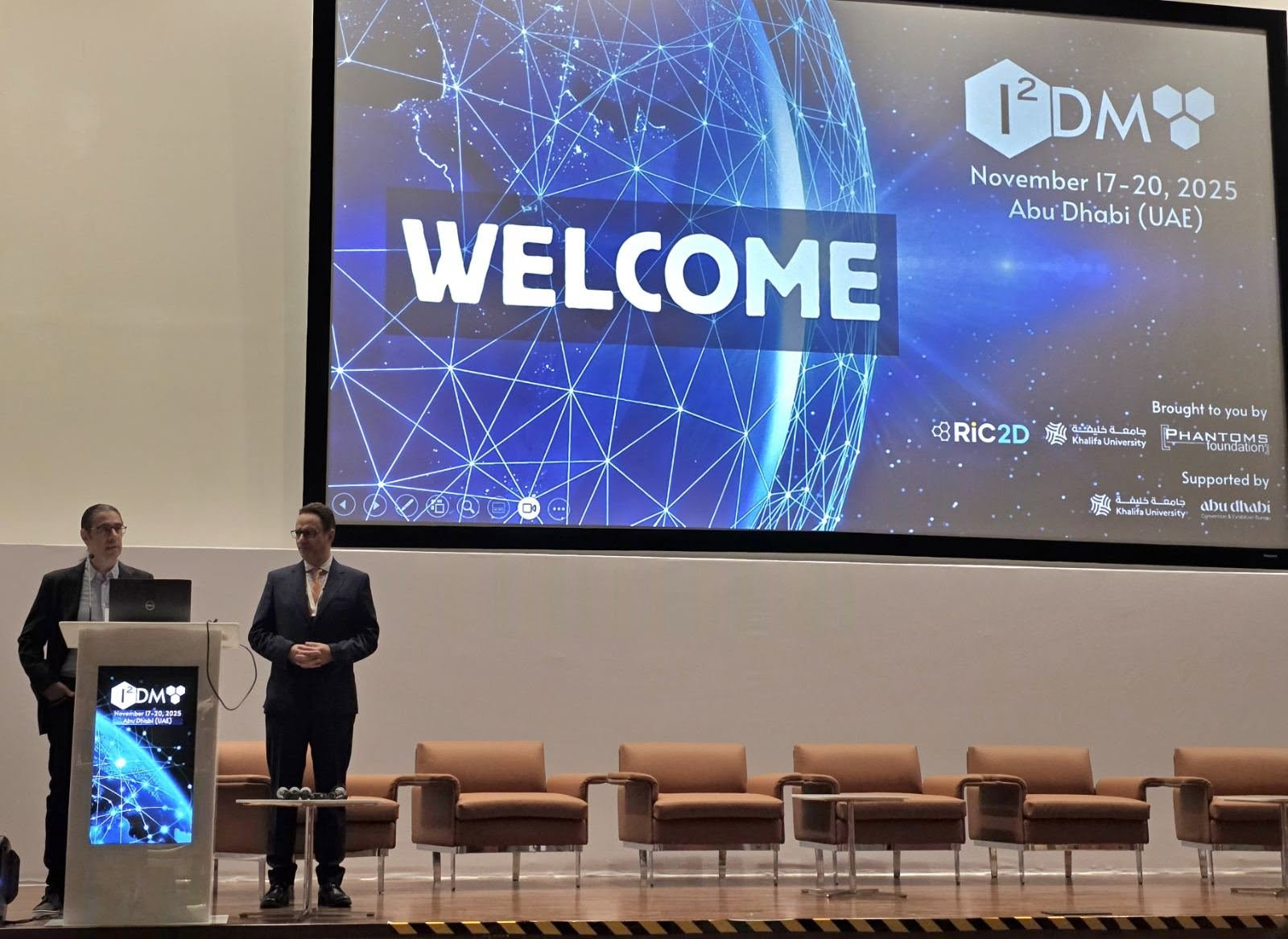 We are excited to share that our Carbon-Ukraine (Y-Carbon LLC) company participated in the I2DM Summit and Expo 2025 at Khalifa University in Abu-Dhabi! Huge thanks to Research & Innovation Center for Graphene and 2D Materials (RIC2D) for hosting such a high-level event.It was an incredible opportunity to meet brilliant researchers and innovators working on the next generation of 2D materials. The insights and energy from the summit will definitely drive new ideas in our own development.
We are excited to share that our Carbon-Ukraine (Y-Carbon LLC) company participated in the I2DM Summit and Expo 2025 at Khalifa University in Abu-Dhabi! Huge thanks to Research & Innovation Center for Graphene and 2D Materials (RIC2D) for hosting such a high-level event.It was an incredible opportunity to meet brilliant researchers and innovators working on the next generation of 2D materials. The insights and energy from the summit will definitely drive new ideas in our own development. Carbon-Ukraine team had the unique opportunity to visit XPANCEO - a Dubai-based deep tech startup company that is developing the first smart contact lenses with AR vision and health monitoring features, working on truly cutting-edge developments.
Carbon-Ukraine team had the unique opportunity to visit XPANCEO - a Dubai-based deep tech startup company that is developing the first smart contact lenses with AR vision and health monitoring features, working on truly cutting-edge developments. Our Carbon-Ukraine team (Y-Carbon LLC) are thrilled to start a new RIC2D project MX-Innovation in collaboration with Drexel University Yury Gogotsi and Khalifa University! Amazing lab tours to project collaborators from Khalifa University, great discussions, strong networking, and a wonderful platform for future collaboration.
Our Carbon-Ukraine team (Y-Carbon LLC) are thrilled to start a new RIC2D project MX-Innovation in collaboration with Drexel University Yury Gogotsi and Khalifa University! Amazing lab tours to project collaborators from Khalifa University, great discussions, strong networking, and a wonderful platform for future collaboration.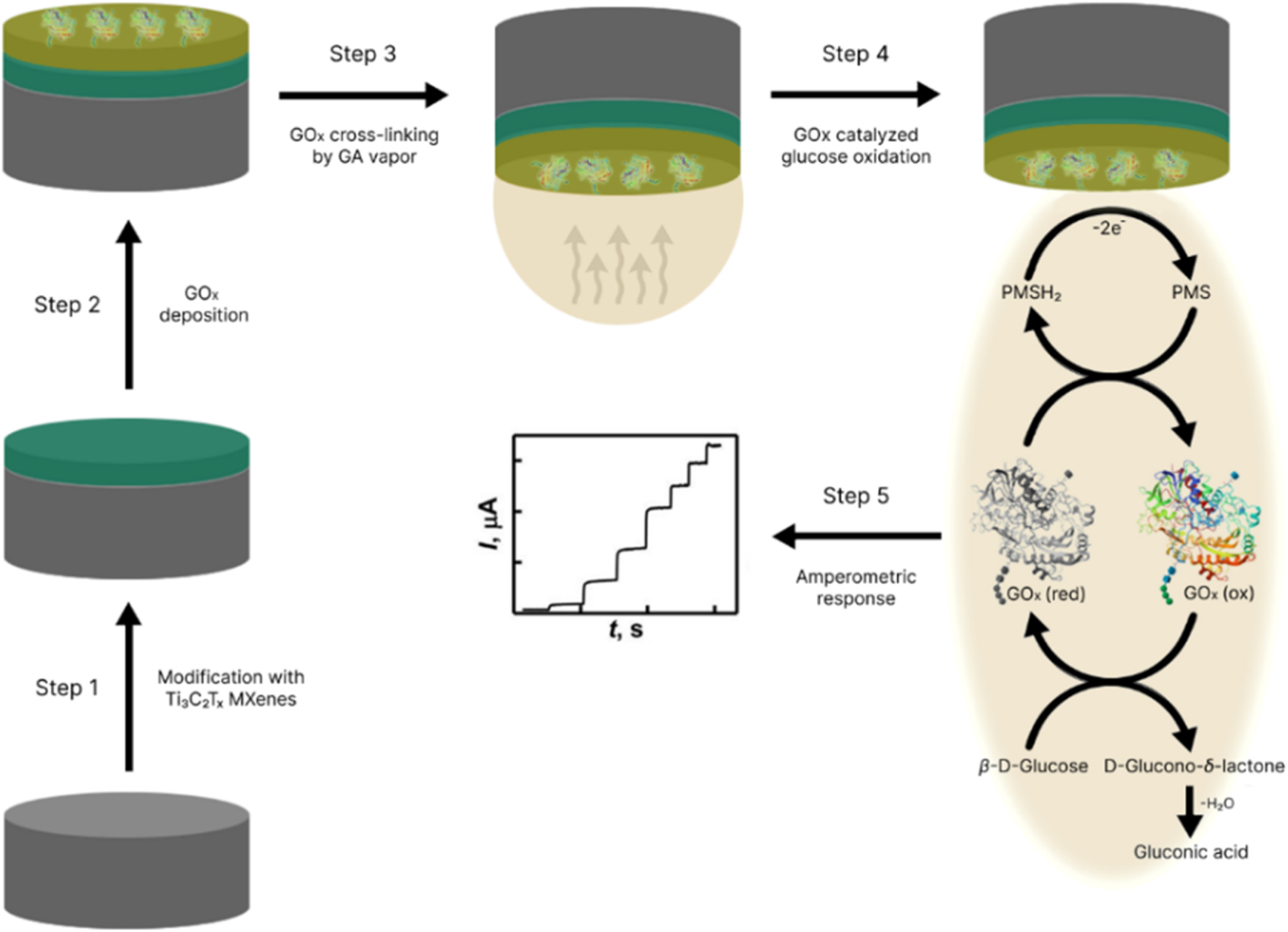
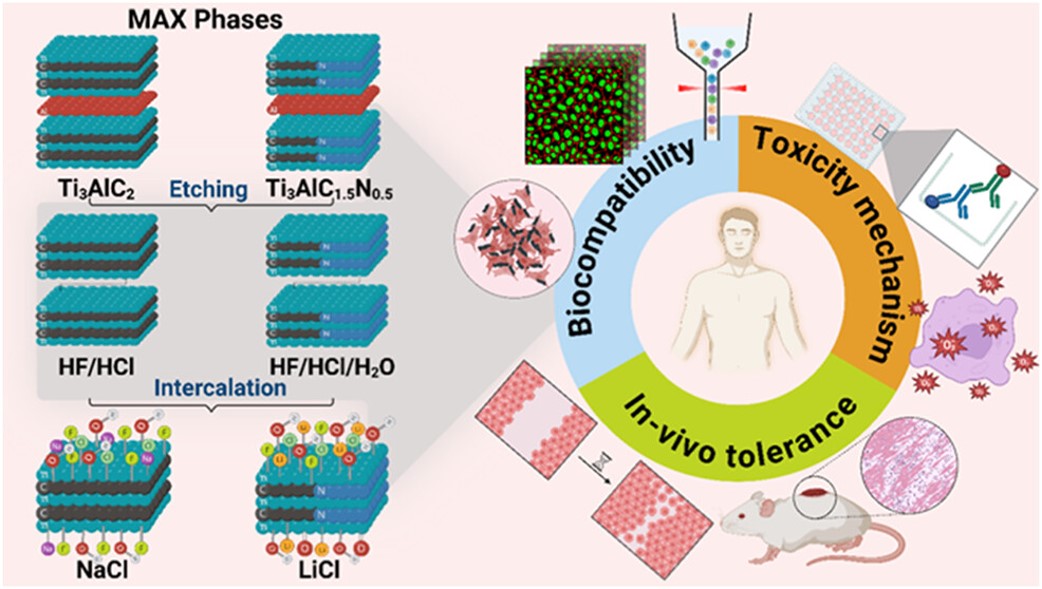 MXenes potential applications include sensors, wound healing materials, and drug delivery systems. A recent study explored how different synthesis methods affect the safety and performance of MXenes. By comparing etching conditions and intercalation strategies, researchers discovered that fine-tuning the surface chemistry of MXenes plays a crucial role in improving biocompatibility. These results provide practical guidelines for developing safer MXenes and bring the field one step closer to real biomedical applications.
MXenes potential applications include sensors, wound healing materials, and drug delivery systems. A recent study explored how different synthesis methods affect the safety and performance of MXenes. By comparing etching conditions and intercalation strategies, researchers discovered that fine-tuning the surface chemistry of MXenes plays a crucial role in improving biocompatibility. These results provide practical guidelines for developing safer MXenes and bring the field one step closer to real biomedical applications. An excellent review highlighting how MXene-based sensors can help tackle one of today’s pressing environmental challenges — heavy metal contamination. Excited to see such impactful work moving the field of environmental monitoring and sensor technology forward!
An excellent review highlighting how MXene-based sensors can help tackle one of today’s pressing environmental challenges — heavy metal contamination. Excited to see such impactful work moving the field of environmental monitoring and sensor technology forward!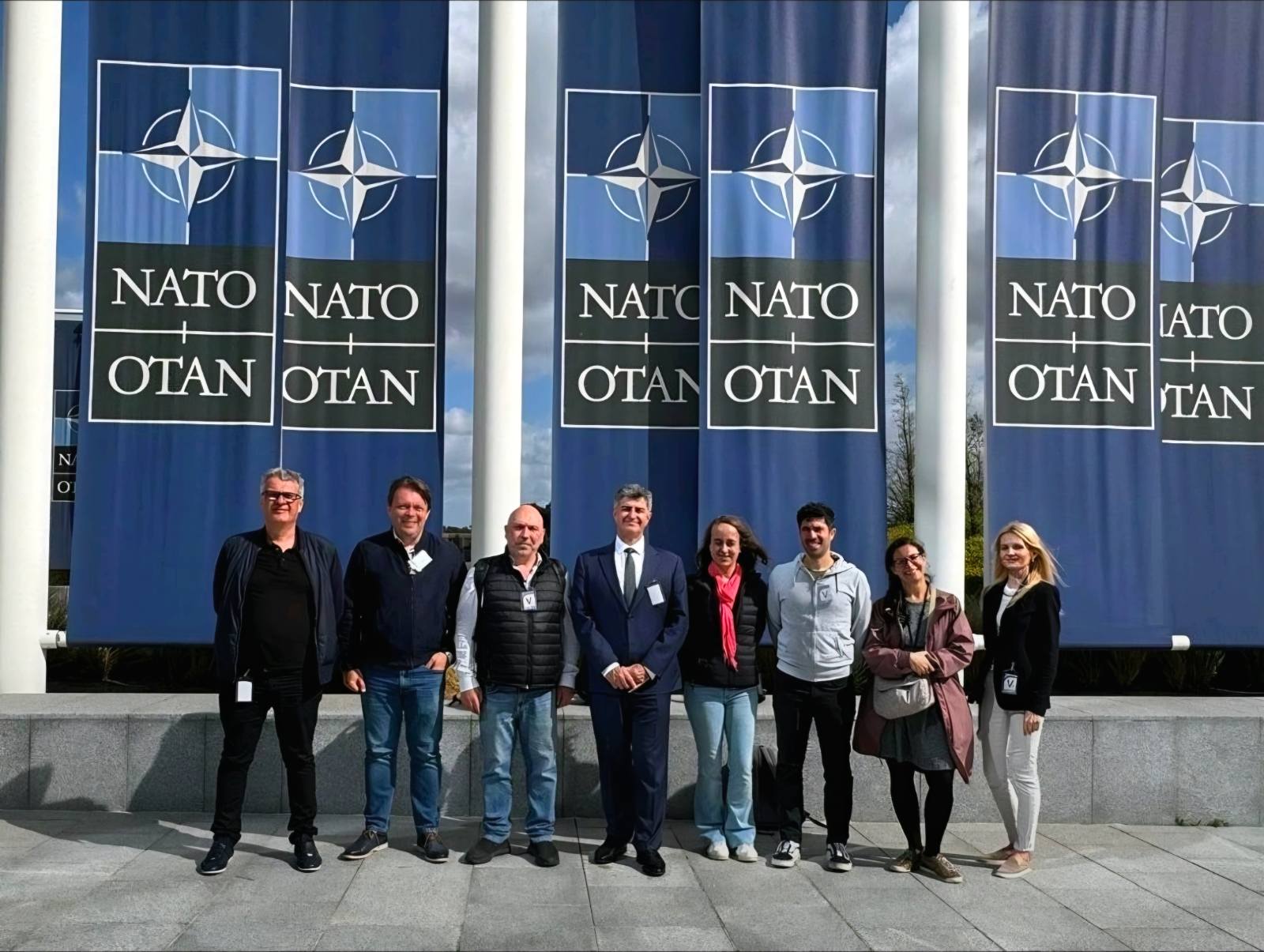 Carbon-Ukraine team was truly delighted to take part in the kickoff meeting of the ATHENA Project (Advanced Digital Engineering Methods to Design MXene-based Nanocomposites for Electro-Magnetic Interference Shielding in Space), supported by NATO through the Science for Peace and Security Programme.
Carbon-Ukraine team was truly delighted to take part in the kickoff meeting of the ATHENA Project (Advanced Digital Engineering Methods to Design MXene-based Nanocomposites for Electro-Magnetic Interference Shielding in Space), supported by NATO through the Science for Peace and Security Programme.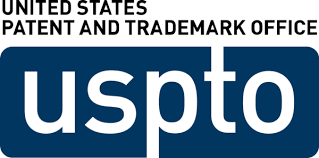 Exellent news, our joint patent application with Drexel University on highly porous MAX phase precursor for MXene synthesis published. Congratulations and thanks to all team involved!
Exellent news, our joint patent application with Drexel University on highly porous MAX phase precursor for MXene synthesis published. Congratulations and thanks to all team involved!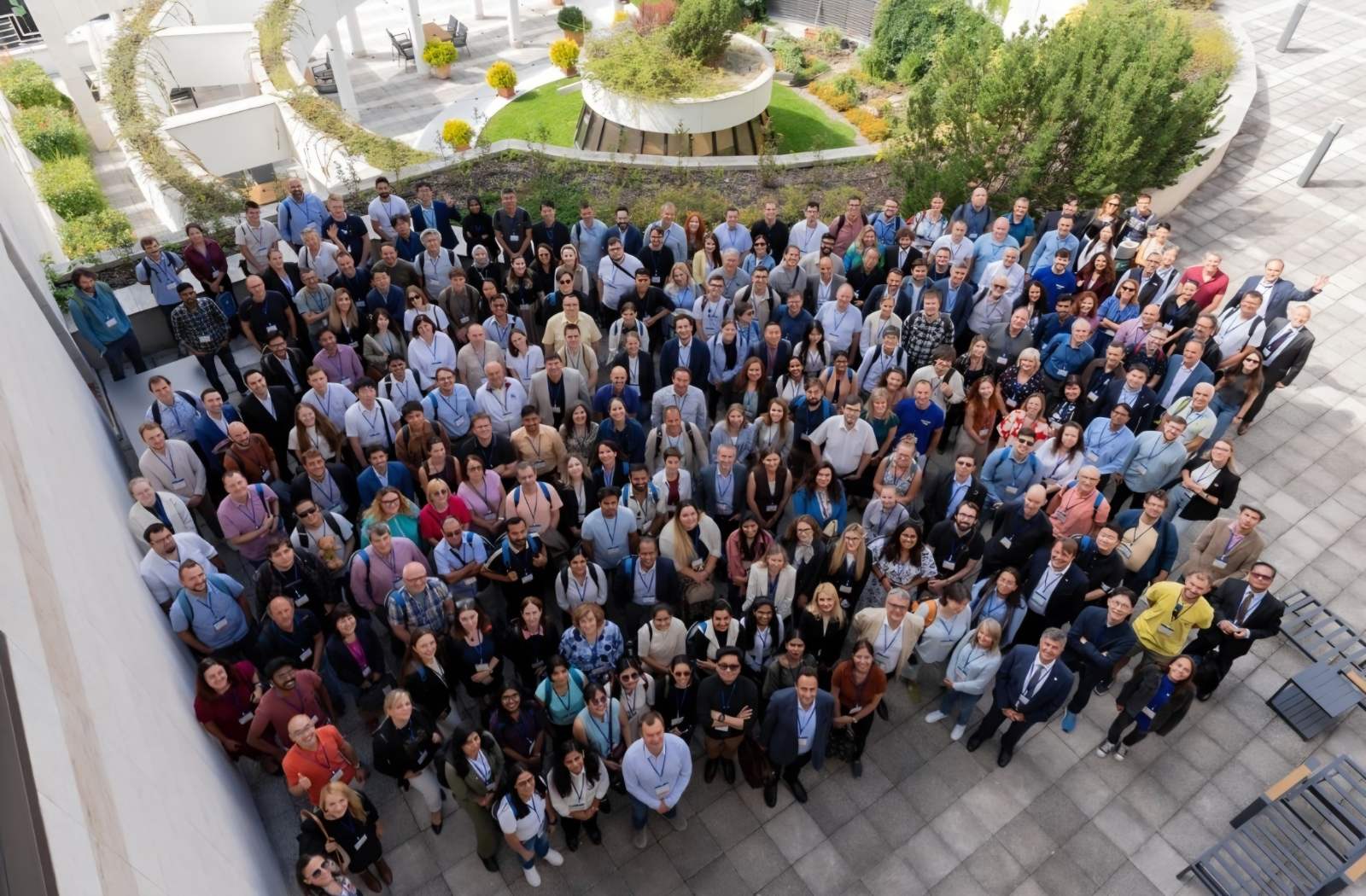 Our team was very delighted to take part in International Symposium "The MXene Frontier: Transformative Nanomaterials Shaping the Future" – the largest MXene event in Europe this year!
Our team was very delighted to take part in International Symposium "The MXene Frontier: Transformative Nanomaterials Shaping the Future" – the largest MXene event in Europe this year!  Last Call! Have you submitted your abstract for IEEE NAP-2025 yet? Join us at the International Symposium on "The MXene Frontier: Transformative Nanomaterials Shaping the Future" – the largest MXene-focused conference in Europe this year! Final Submission Deadline: May 15, 2025. Don’t miss this exclusive opportunity to showcase your research and engage with world leaders in the MXene field!
Last Call! Have you submitted your abstract for IEEE NAP-2025 yet? Join us at the International Symposium on "The MXene Frontier: Transformative Nanomaterials Shaping the Future" – the largest MXene-focused conference in Europe this year! Final Submission Deadline: May 15, 2025. Don’t miss this exclusive opportunity to showcase your research and engage with world leaders in the MXene field!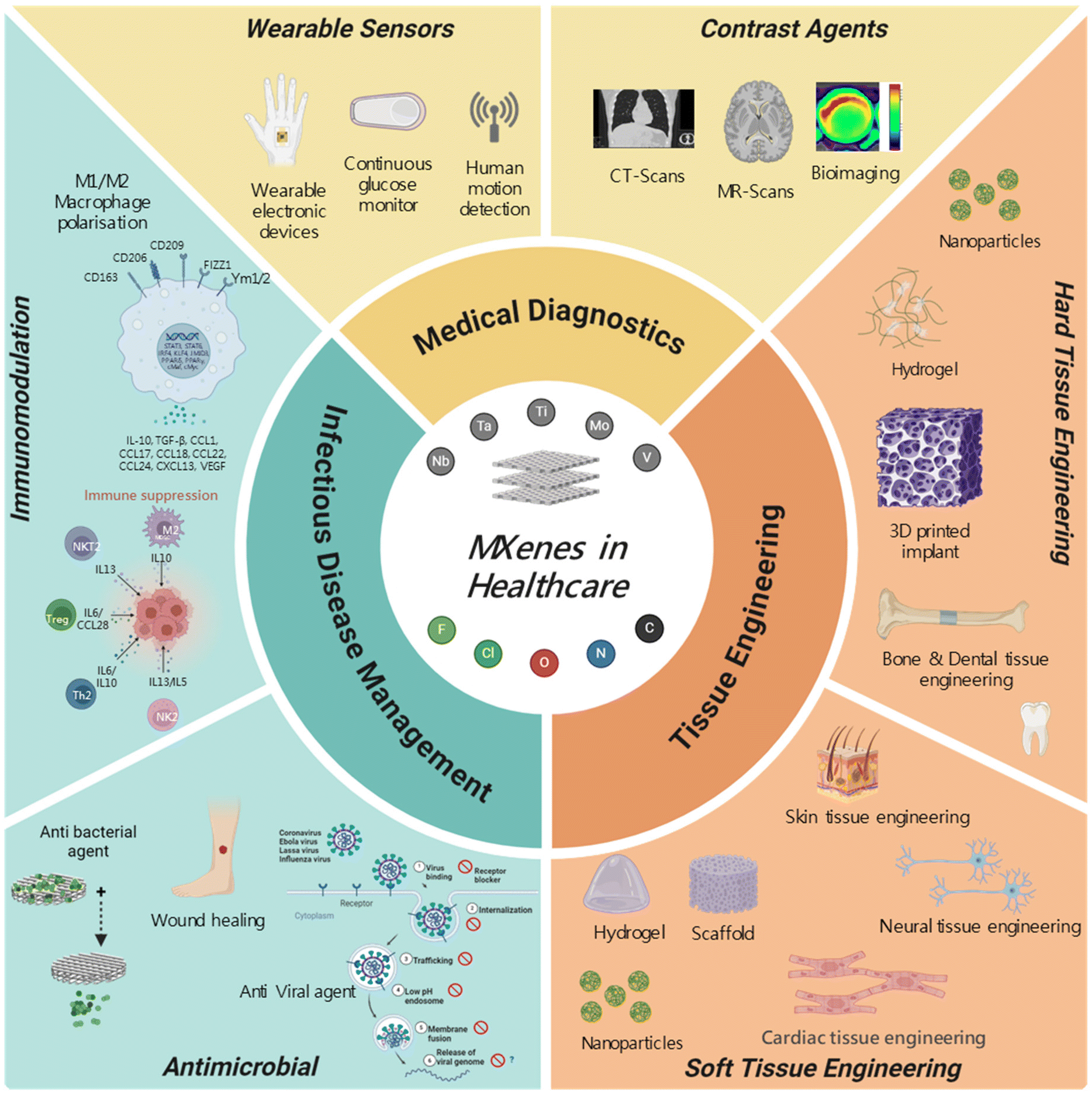 We are excited to announce the publication of latest review article on MXenes in Healthcare. This comprehensive review explores the groundbreaking role of MXenes—an emerging class of 2D materials—in revolutionizing the fields of medical diagnostics and therapeutics. Read the full article here: https://doi.org/10.1039/D4NR04853A.
We are excited to announce the publication of latest review article on MXenes in Healthcare. This comprehensive review explores the groundbreaking role of MXenes—an emerging class of 2D materials—in revolutionizing the fields of medical diagnostics and therapeutics. Read the full article here: https://doi.org/10.1039/D4NR04853A.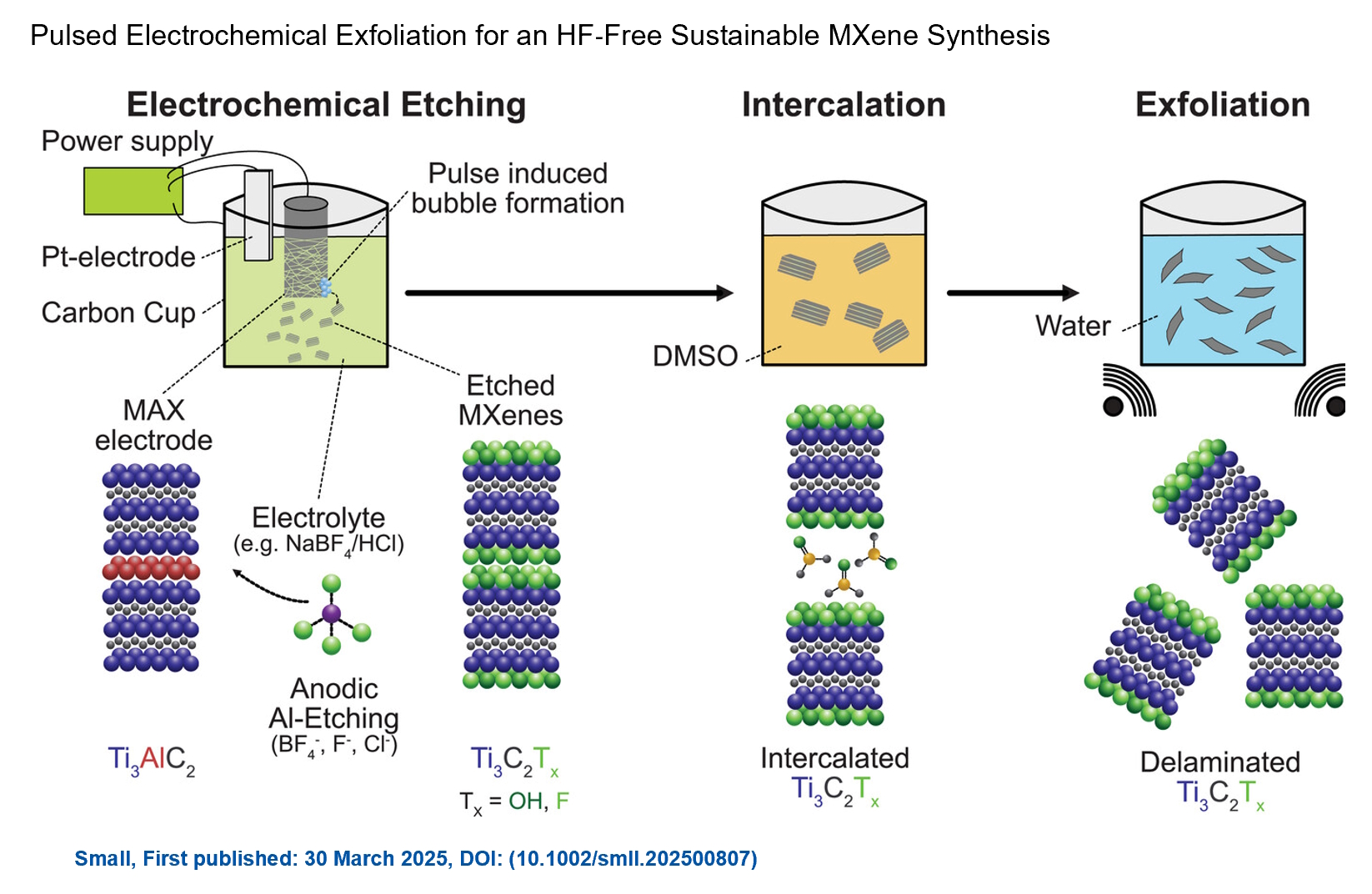 Congratulations and thank you to our collaborators from TU Wien and CEST for very interesting work and making it published! In this work, an upscalable electrochemical MXene synthesis is presented. Yields of up to 60% electrochemical MXene (EC-MXene) with no byproducts from a single exfoliation cycle are achieved.
Congratulations and thank you to our collaborators from TU Wien and CEST for very interesting work and making it published! In this work, an upscalable electrochemical MXene synthesis is presented. Yields of up to 60% electrochemical MXene (EC-MXene) with no byproducts from a single exfoliation cycle are achieved.